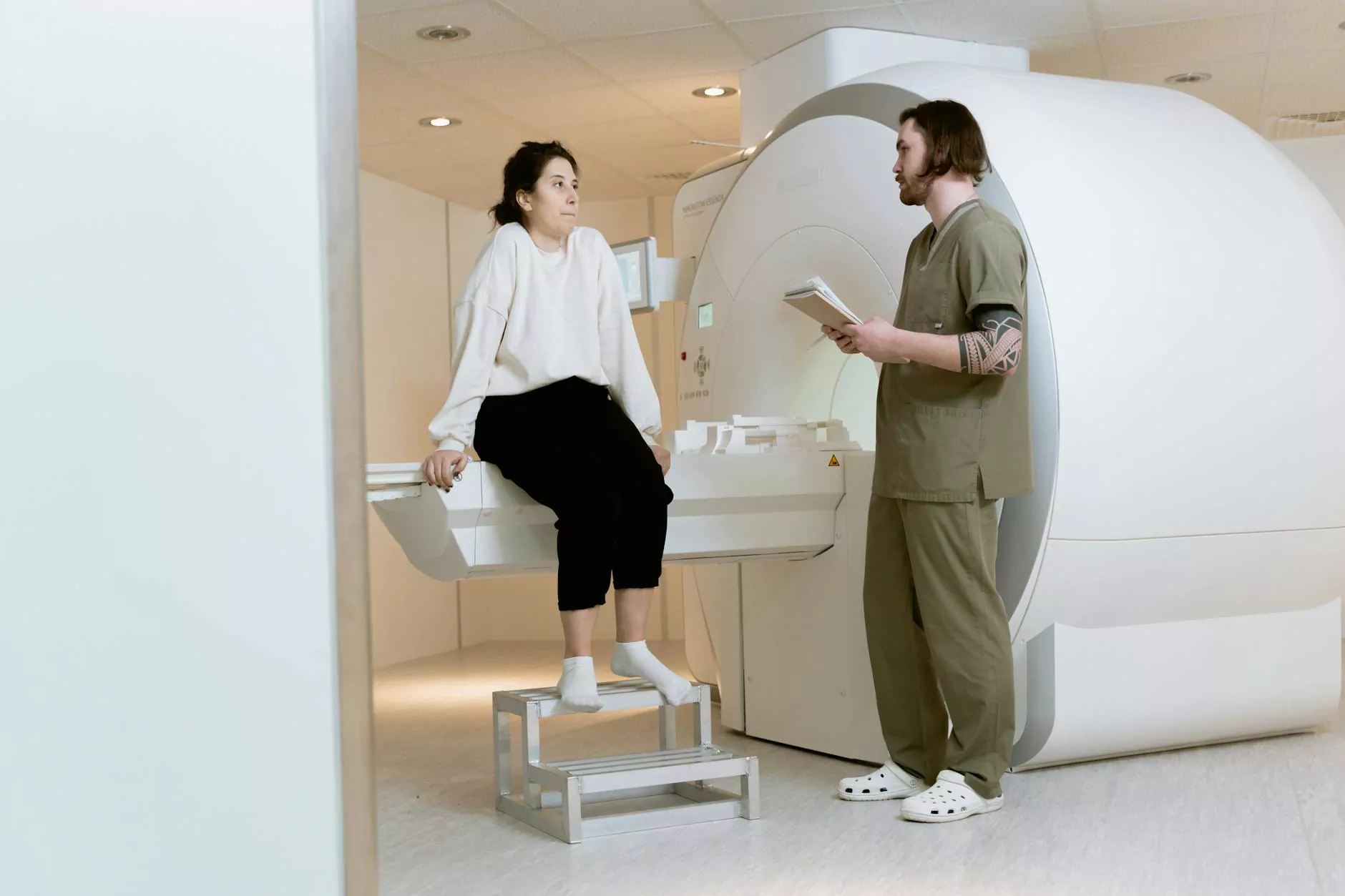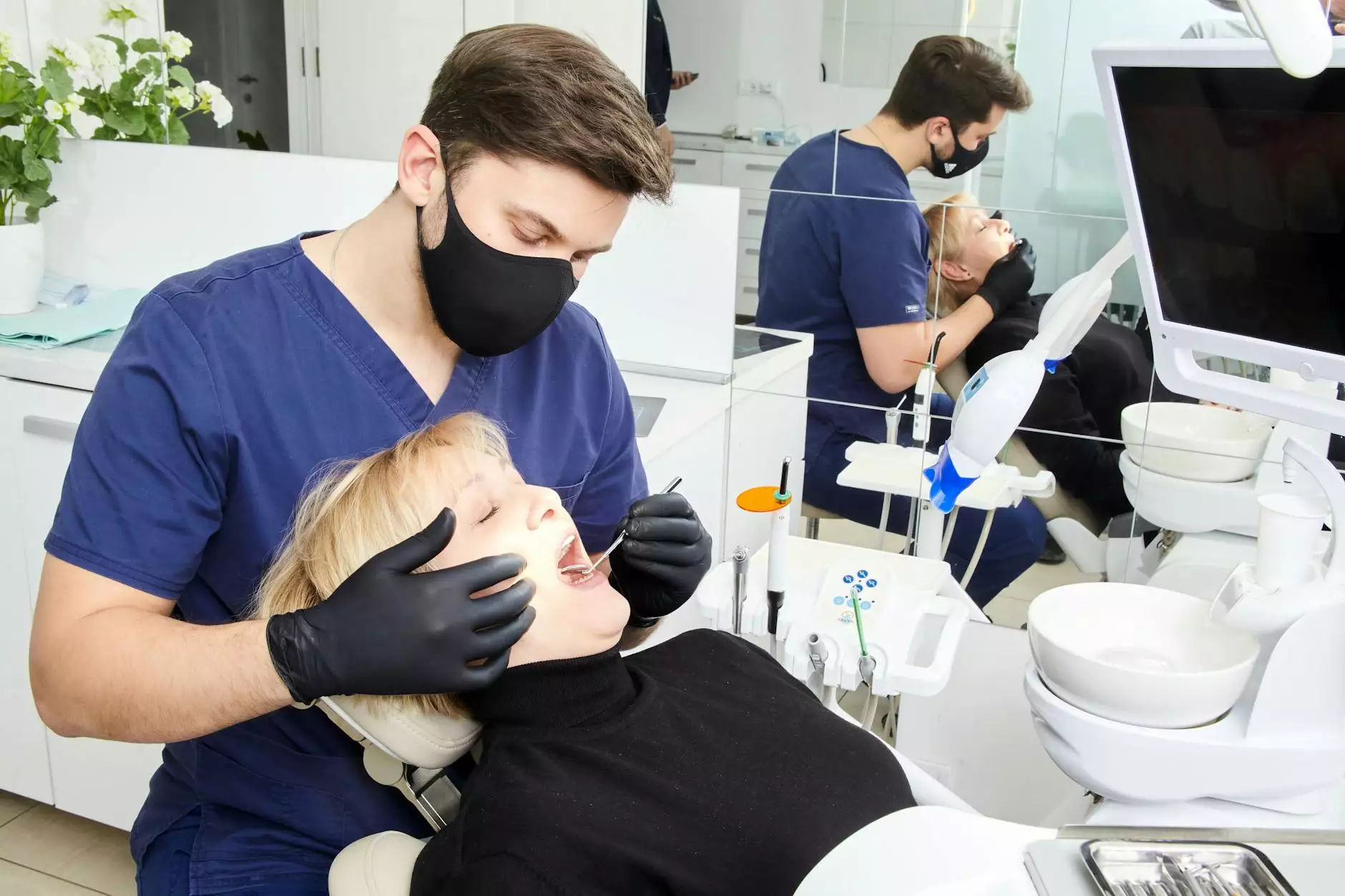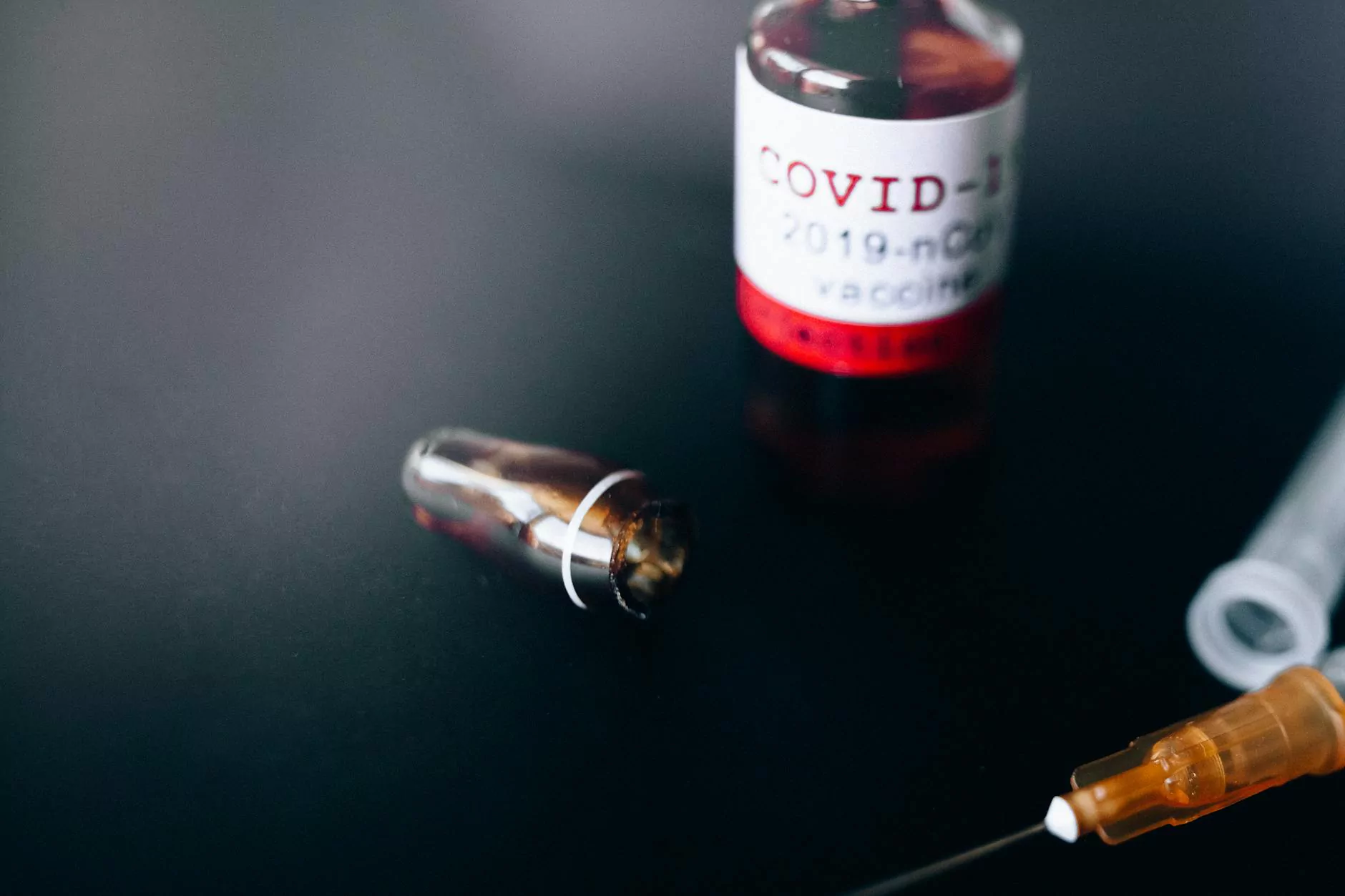Discharge Instructions for Abdominal Surgery - Health Library
Health Library
Thank you for choosing Furstenberg Michael Dr for your abdominal surgery. We understand that undergoing surgery can be a significant event, and we are committed to providing you with exceptional care and support throughout your recovery process.
Post-Surgery Care
Following your abdominal surgery, it is crucial to follow the provided discharge instructions to ensure a smooth recovery. By adhering to these guidelines, you can promote healing, minimize complications, and expedite the process of getting back to your normal routine.
Managing Pain and Discomfort
Pain and discomfort are common after abdominal surgery. To alleviate any discomfort, we recommend taking the prescribed pain medication as directed by your healthcare provider. It is essential not to exceed the recommended dosage.
In addition to medication, applying heat packs or ice packs to the surgical area can provide relief. However, ensure that you follow the specific instructions given by your healthcare team regarding the appropriate usage of heat or ice therapy.
Incision Care
Proper care of your incision site is vital to prevent infections and promote healing. Follow these guidelines to ensure optimal incision site care:
- Keep the incision site clean and dry: Gently clean the area with mild soap and water, pat it dry with a clean towel, and avoid applying any creams, lotions, or ointments unless advised otherwise by your healthcare provider.
- Monitor for signs of infection: Watch for signs such as increased redness, swelling, pus, or foul odor around the incision area. If you notice any of these symptoms, contact your healthcare provider immediately.
- Avoid strenuous activities: Refrain from lifting heavy objects or engaging in strenuous activities that may strain the incision site during the initial recovery period.
- Dressing changes: If instructed to change the dressing, ensure that your hands are clean before proceeding. Follow the specific dressing change instructions provided by your healthcare provider.
Diet and Nutrition
A well-balanced and nutritious diet plays a crucial role in the healing process. Follow these dietary recommendations to support your recovery:
- Stay hydrated: Drink an adequate amount of water throughout the day to promote healing and prevent dehydration.
- Eat nutritious foods: Incorporate a variety of fruits, vegetables, lean proteins, and whole grains into your meals. These foods provide essential vitamins, minerals, and nutrients that aid in the healing process.
- Avoid excessive alcohol and caffeine: Limit your consumption of alcohol and caffeinated beverages as they may interfere with your body's healing process.
- Follow dietary restrictions: If your healthcare provider has specified any dietary restrictions, such as limiting certain foods or avoiding specific food groups, ensure you adhere to them.
Follow-up Appointments
It is essential to attend all scheduled follow-up appointments with your healthcare provider. These appointments allow your provider to monitor your progress, address any concerns or complications, and make any necessary adjustments to your post-operative care plan. Missing these appointments may hinder your recovery process.
Getting Support
Recovering from abdominal surgery can be physically and emotionally challenging. It is crucial to seek support from your healthcare provider, friends, and family members during this time. Openly communicate any concerns or questions you may have to ensure you receive the appropriate assistance and guidance.
Conclusion
At Furstenberg Michael Dr, we prioritize your well-being and are dedicated to providing comprehensive care throughout your entire surgical journey. By following these discharge instructions, you can promote a speedy recovery and regain your health and vitality.
If you have any further questions or require additional support, please do not hesitate to contact our team. We are here to assist you every step of the way. Wishing you a successful recovery!










